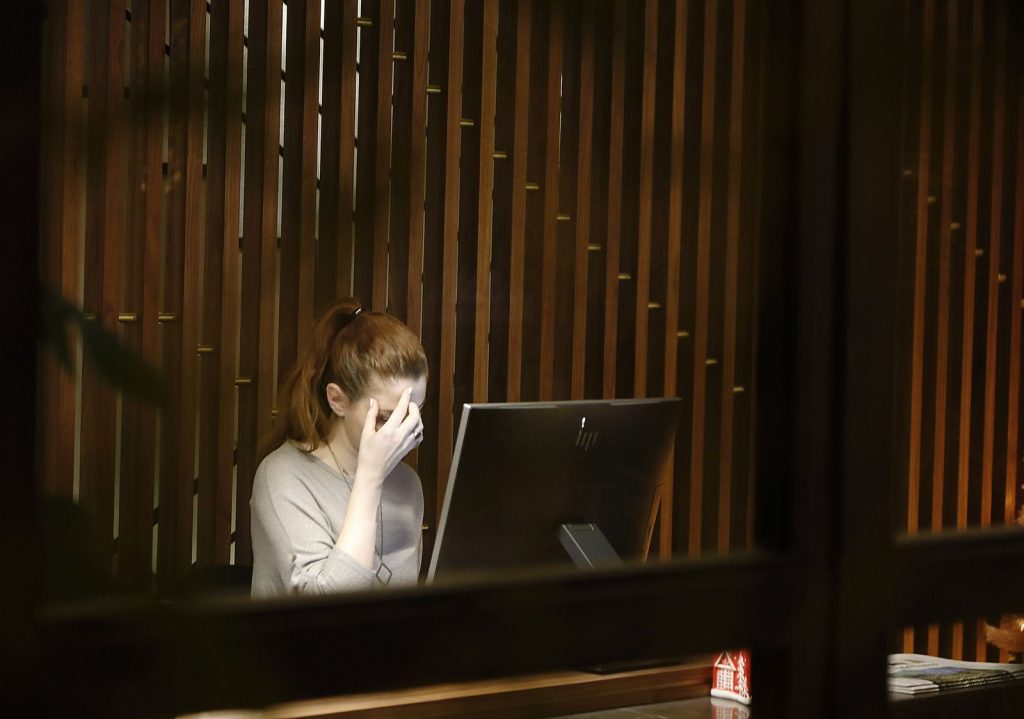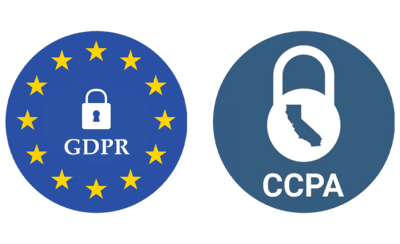Identifying burnout in the workplace
-
Tarmo Pihl

Every year since 1992, October 10th is Mental Health Awareness Day. The opportunity to bring the world’s attention to the epidemic that is poor mental health.
This year, the chosen theme speaks to us even more as it is focusing on burnout in the workplace. A subject we tackle every day as more and more people are suffuring from it.
Just to give you an idea, a study in the UK, shows that one in five workers (20%) needed to take time off work in the past year due to poor mental health caused by pressure or stress in 2024.
The same study observes that the younger generations (18-24) are more at risks of needing to take time off for mental health purposes (34%) than their elders (15% for people over 55).
Job insecurity, high workloads, bullying combined with poor sleep and cost of living crises make that the vast majority of respondent to the survey (over 90%) expressed experiencing extreme stress over the past year.
Thankfully, the survey also shades some light on what can help alleviate that stress often leading to burnout such as a personal and professional support system, (family & colleagues), approachable line managers, flexible work set up as well as mental health support and training at work.
If you still think this is not the employer’s responsibility, have a look at the story our colleague shared on his linkedin about the Estonian precedent. (In Estonian, click to see the translation)/
Yes burnout affect the individual’s wellbeing in a more obvious way but it has far reaching repercussions on the company as well. It is in everyone’s interest towork together to prevent it.

Identify the signs
Burnout does not happen overnight. It comes as a response to prolonged exposition to stressors and triggers in the workplace. It is almost undectable at first as symptoms can lead to other diagnosis.
If left intreated, after a while the individual will usually feel overwhelmingly exhausted, detached from their tasks, cynical about the company and their role and value in it. This will affect their productivity, moral and engagement with the job and the team.
Mental Health UK proposes the following acronym to stay alert and be able to identify the 7 main symptoms of burnout in oneself and others around us:
- B – becoming isolated
- U – unexplained exhaustion
- R – reduced performance
- N – neglecting self-care
- O – overwhelmed
- U – uninterested
- T – tension & stress
Identifying the symptoms is one thing but understanding what causes them is the best way to prevent burnout.
Recognise the risk factors/causes
Here are the 7 main risk factors:
- High workload: work overload contributes to burnout by depleting the capacity of people to meet the demand of the job. When this kind of overload is a chronic job condition, there is little opportunity to rest, recover and restore balance.
- Lack of control: there’s a bigger risk of burnout when the employees perceive a lack of autonomy while making decisions that affect their work.
- Insufficient reward: insufficient recognition and reward (whether financial, institutional, or social) increase people’s vulnerability to burnout, because it devalues both the work and workers, and it is closely associated with feelings of inefficacy.
- Strained relationships at work: the interpersonal environment at work is very important. When there’s a lack of support and trust, then there is a greater risk of burnout.
- Lack of fairness: fairness is the extent to which decisions at work are perceived as being fair and equitable. When people are not being treated with the appropriate respect, cynicism, anger, and hostility are likely to arise.
- Lack of clarity: not knowing why we do things makes it very difficult to keep engaged and productive. When people lack clarity in their work they tend to feel powerless and meaningless.
- Unreasonable time pressure: while periods of rush can be acceptable in certain conditions, unreasonable time pressure creates unsustainable goals and create a sense of failure in employees.
In this piece we tried to gather as much information about preventing and looking out for burnout signs.
Of course, we are all different and handle situations differently, which means you or someone you know might be suffering from burnout without experience all or parts of these symptoms. In doubt, we advise to always talk to someone you trust, colleague or health professional for guidance.
Want to know more about how Siffi is helping organisations? Check out our services
About the author

Tarmo Pihl
Co-Founder, CEO at Siffi
Tarmo Pihl is the Co-Founder and CEO of Siffi, a platform dedicated to enhancing employee well-being through mental health support, including counseling, coaching, and mindfulness. With a strong background in launching impactful startups, he is passionate about creating innovative solutions that address the challenges of modern work environments and improve global accessibility to mental health services.
Recent Posts
 mental well-being and coaching services
mental well-being and coaching services 

